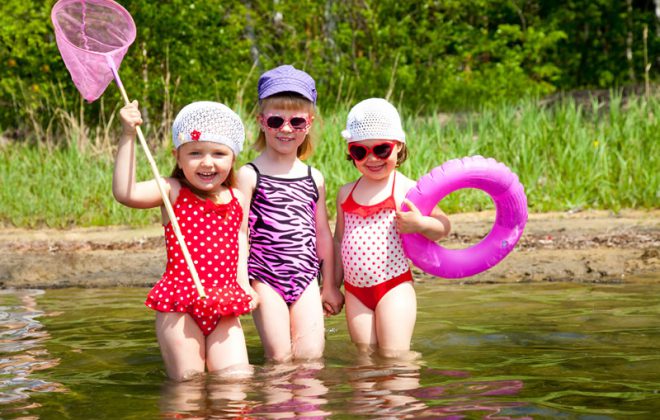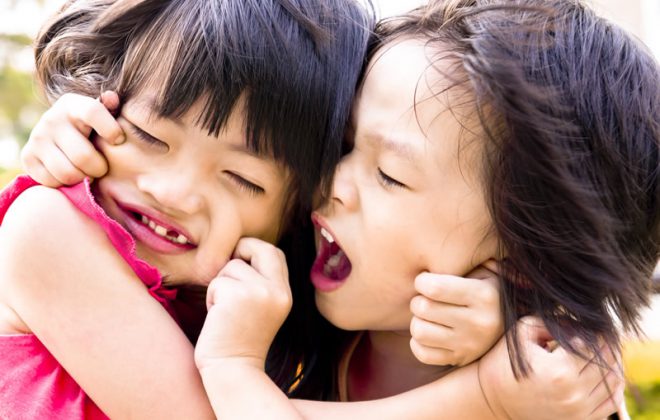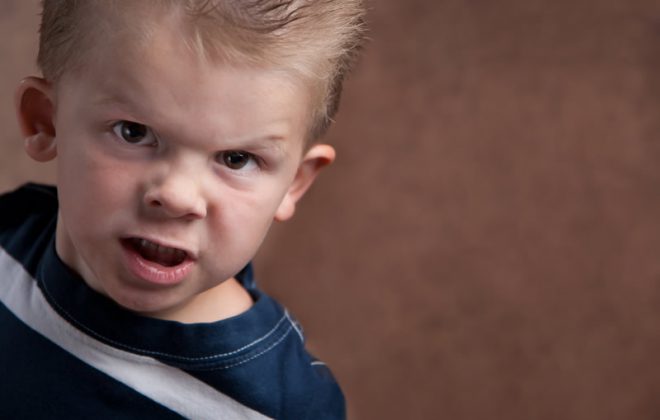Ep28 – Success and failure
It seems she takes everything about herself so negatively. The slightest criticism is taken to heart, and she won’t here anything positive that we say about her. I am quite sure she thinks she is a failure. She even called herself a ‘loser’ the other day. I just wish there was some way I could build her self esteem. I mean, she has so many positive qualities.
Key points
- Encourage self-belief.
- Help your child discover their islands of competence.
- Let mistakes be a learning experience.
- Stop and think before you criticise.
When we are faced with a problem or challenge, our response to it can often be perceived as a success or failure. The way your child views their successes and failures is very important.
Thomas Edison
Tom was right. He had the right attitude — the same attitude we want to engender in our children.
This is about self-belief.
We want our children to be able to process success in a way that contributes to their self-belief, but at the same time come to terms with failure so that it doesn’t do the opposite — damage belief in themselves. How and to whom does your child attribute this success or failure? Do they attribute successes they have earned to themselves? Do they attribute failures that are not their fault to themselves?
If your child has strong self-belief, this acts as an emotional reserve, a fall-back position for them when they are feeling vulnerable. It’s where they go when they find themselves in times of trouble; it is their keep.
Brooks and Goldstein* describe children as having self-perceived areas of strength, that their self-belief emerges from what they recognise as being their strengths. They describe these as ‘islands of competence’. In children with poor self esteem these islands of competence can be hard to find when swimming in ‘a self perceived ocean of inadequacy’.
What are your child’s islands of competence?
Are they good at a particular sport, or an area of schoolwork like maths or reading; are they talented at computers or music; or great at getting on with other people; or kind to the elderly or small children; or imaginative, or ethical, a supporter of the underdog, or funny, or just generally nice? And critically, if they are good at certain things (and all children, even severely disabled children, have their own islands of competence) are they aware of these, and are they aware that you are aware of these? This is where you come in.
There are two paths children (and adults) can follow:
- Where successes are taken on board and contribute to a sense of self-worth and failures are viewed as learning opportunities (think Mr Edison).
- Where successes do not live up to expectations and / or are attributed to luck or the efforts of somebody else. Failures are, on the other hand, a confirmation of their own inadequacies.
How do we help them take the first path, and not the second?
How can we help them to learn to trust and believe in themselves? It’s not about learning how to ‘do’, but learning how to ‘believe I can do’. We want them to think ‘but I am good at X’. We want them to be like The Little Engine that Could ‘I think I can, I think I can, I knew I could, I knew I could’.
 Our aim is not so much to encourage capability, but that our belief in them (unconditional love), leads to self-belief. This belief arises from their slow and repetitive exposure to likely success. We set them up for success, so that they get used to it. On the other hand we don’t hand them success on a platter; it needs to be a little bit ‘earned’, otherwise they won’t attribute it to their own competencies. It comes back to our ‘building a child’ analogy; they need to be intimately involved with the building process.
Our aim is not so much to encourage capability, but that our belief in them (unconditional love), leads to self-belief. This belief arises from their slow and repetitive exposure to likely success. We set them up for success, so that they get used to it. On the other hand we don’t hand them success on a platter; it needs to be a little bit ‘earned’, otherwise they won’t attribute it to their own competencies. It comes back to our ‘building a child’ analogy; they need to be intimately involved with the building process.
So, how do we encourage success?
- Set up for success. This is essentially spade work. Look far and wide for their strengths. They may be hard to recognise at first (for both you and your child), and can also take time to develop.
- Be a ‘nimble’ parent. Be quick to identify a potential island of competence. .. Conversely, if we are disappointed in them for some reason reassure them we still value them.
- Land it. Make sure they know you noticed their success and think it’s a big deal. However, don’t lay it on too thick (if they pick this up, they won’t trust your praise).
What about mistakes?
Above all, mistakes are learning opportunities. Parental expectations though, are critical here. It’s our responsibility whether a mistake becomes learning experiences, or a dagger to the heart of our child’s self esteem. We also need to remember our kids are smaller, less experienced and less knowledgeable than we are, so a mistake or failure can be more confronting.
If we criticise too much, they can easily become sensitive, defensive, and even demoralised. If this happens repetitively, they can start to see themselves as never going to be good enough (in your eyes) — they develop a learned helplessness (sounds awful doesn’t it?). ‘I’m a loser. I’m never going to be any good at anything.’
So stop and think before you criticise. Approach their mistakes firstly with empathy (‘I can see you’re really upset’). Take things slow, don’t rush to a judgement or conclusion, and take a walk in their shoes for a moment. This is one of the opportunities we can give them strength.
Once they’re aware that they’re not in our bad books because of this perceived failure (remember, they are acutely attuned to your opinion of them) you can then set them up for success as best you can.
We can also model failing and coping with it, even diffusing the situation with humour. ‘Oh well’;‘D’oh’;‘whateverrr.’ That old saying about spilt milk and crying comes to mind. We want to place both success and failure firmly into our kids’ learning zone. If handled sensitively, both experiences can build them up and not chip away at their self-esteem.
*Raising Resilient Children, Robert Br





